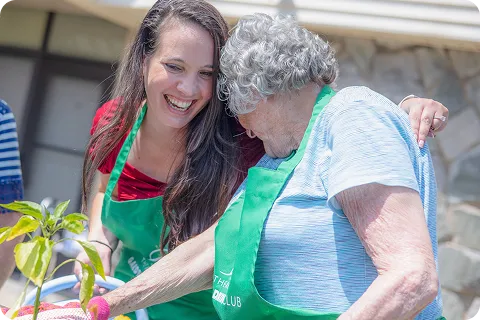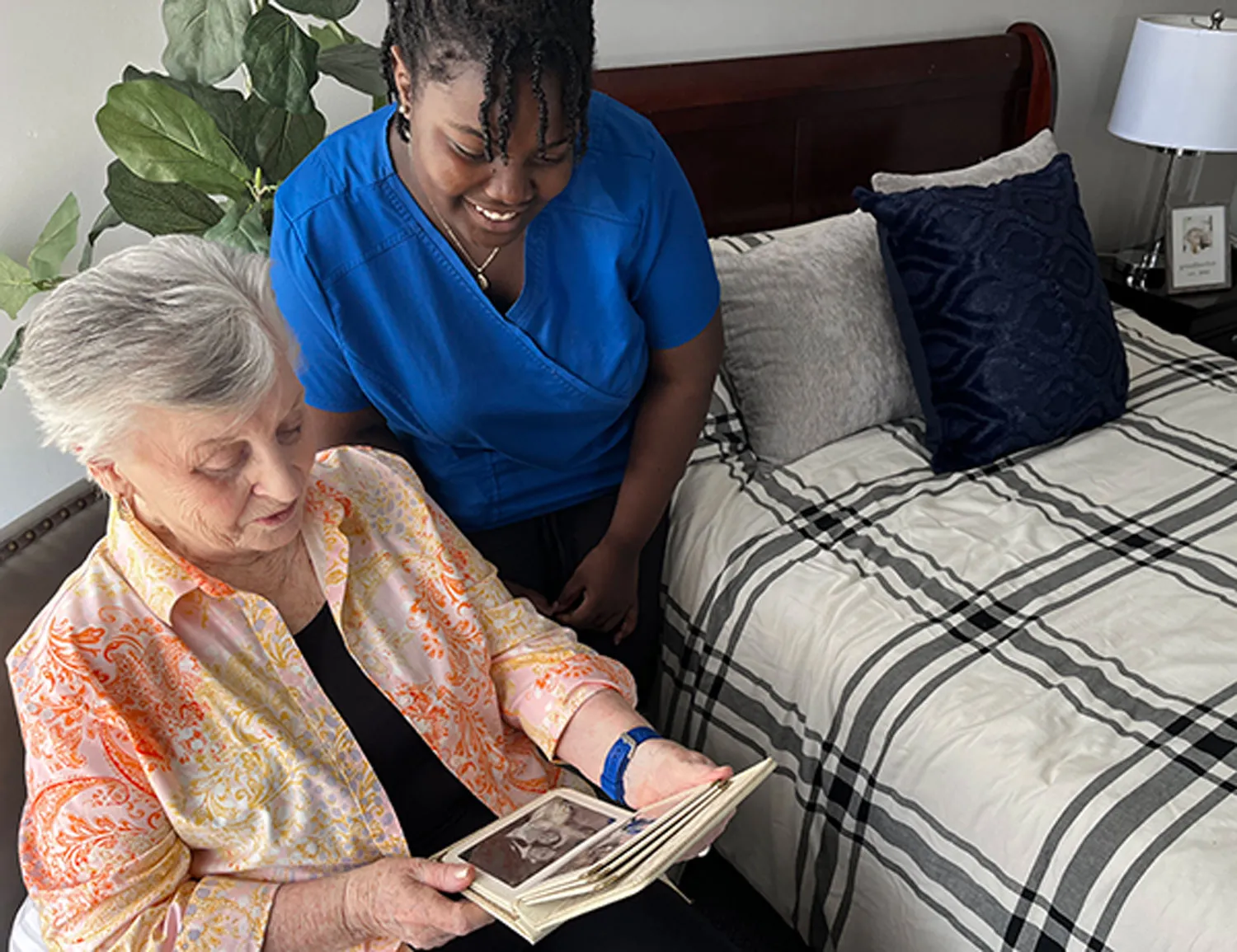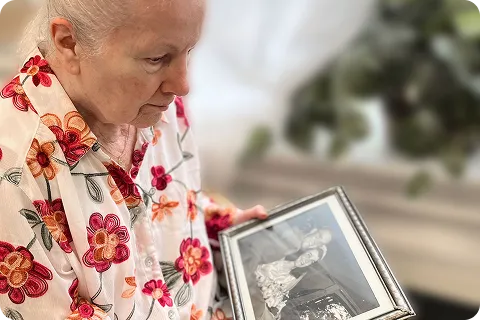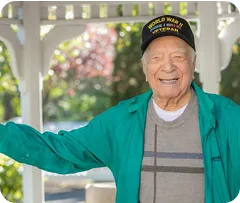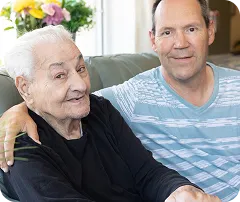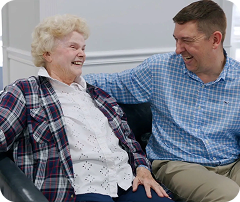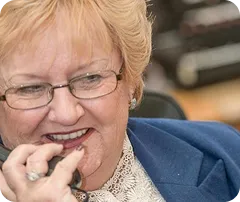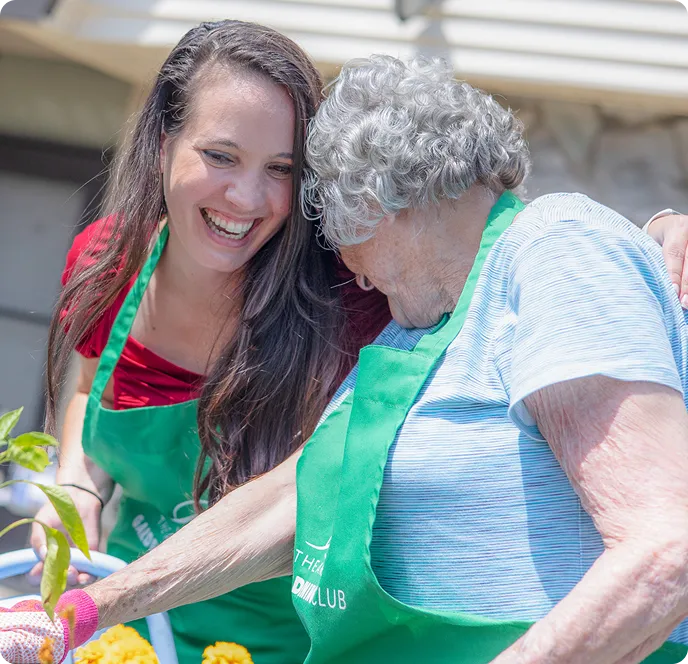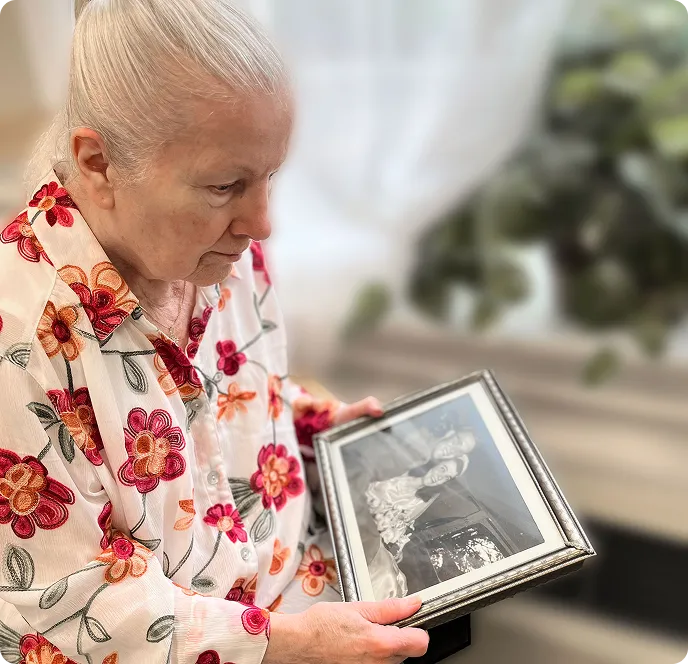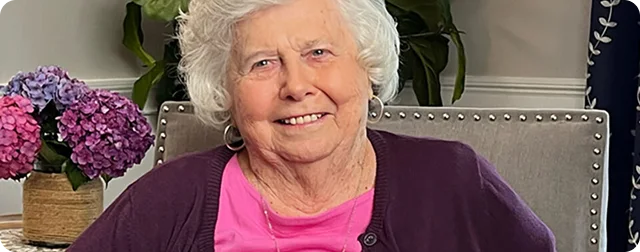(631) 778-7747
Avoiding Sibling Conflict over Aging Parents Care

Avoiding Sibling Conflict over Aging Parents Care
“My sister just doesn’t get it! She flies in from California twice a year to check on our mom and wants to change just about everything that we have in place. She always acts and talks like she knows more than me, even though I am the one who cares for mom every day. It’s VERY frustrating!!”
If the above scenario sounds familiar to you, you’re not alone. A recent article in Forbes magazine, states that 61% of caregivers feel they don’t get the support they need from their siblings.
It can be difficult for families who have never gotten along to make decisions together, especially when there are multiple siblings with varying beliefs, caregiving styles, and personalities. Watching our parents decline can also make us more emotional, irrational, and volatile.
What Siblings Disagree Over
Caregiving Arrangements
Live-in, live out, or family help? Should technology be utilized to remind parents to take their medications and alert you if they don’t? Who will dispense medications, interview caregivers, or oversee the whole process?
Disparities and Inequities
Is each sibling pulling his or her own weight (money, tasks, and/or time)? Is the hometown child, or daughter saddled with more responsibility and resentful of out-of-town siblings?
Family Possessions
Who gets what when a parent downsizes or moves or after a death?
Finances and Money
How should the money be spent? Will there be expenses over caregiving and who handles finances if mom or dad is no longer able to oversee things?
Independence and Safety
Who will think about asking the parent to give up those car keys if it becomes necessary? Who will ensure fall prevention, especially if the parent is living alone?
Living Arrangements
Should dad stay in the family home or is too isolating, unrealistic, or unsafe? If not, where should he go?
Medical Decisions
Who makes sensitive decisions when there are differences of opinion about the end of life or treatment?
Ways to Avoid Conflict
It is important when having sibling conflicts or clashes about caring for parents that families stay focused on three primary goals:
Goal 1 – To keep parents safe, healthy, and as independent as possible while striving to maintain their dignity at all times.
Goal 2 – To come together as a team utilizing each person’s strengths and abilities so they can implement practical solutions.
Goal 3 – To be a united force, not letting the stress of the situation and misunderstandings that occur from separating the family, but instead focus on bringing everyone closer together with shared goals.
Use the following strategies to stop an ongoing struggle with siblings over senior care:
- Be empathetic. Be understanding of your siblings’ circumstances, of your parents’, and of your own. It’s a stressful time for everyone. Listening to each other can help deepen understanding and trust for all parties involved.
- Don’t expect a miracle! If your sister was always selfish, she may not change. That doesn’t mean you can’t try to get her to pitch in.
- Hold your tongue. How important is it if you and your brother don’t do everything the same way? Unless it’s a safety issue, button up!
- Just ask! Have your parents participate in decision-making, or at least let them weigh in, if it’s realistic.
- Keep everyone in the loop – Start with holding a family meeting (see below for tips). Convene regular family conferences, preferably in person, or otherwise via conference calls, Facetime or Skype.
- Learn to Compromise. Making compromises doesn’t mean that you lose the argument. It might mean that you won’t get what you want and how you want it exactly, but it will hopefully mean that mom and dad will receive care. Compromise will allow you and your siblings to agree on something and move in that direction together. Compromising provides a way for all parties to be involved and feel like they’re doing their part.
Tips on Holding a Family Meeting
- Send out a proposed meeting agenda and ask for feedback on what everyone feels needs to be talked about. This may feel formal for a family gathering but having an agenda in place will help keep the meeting from getting off topic.
- Pick a time and place for the meeting that works for all needed parties and remember that siblings who are far away or can’t leave home for various reasons can join through Skype, webcam, or conference call. Attempt to invite all siblings, especially for the initial meeting.
- Involve your parents or the senior involved. If you decide to meet first then come together with your parent afterward with ideas, please know that this could leave your parents feeling powerless and resentful. Use extreme caution when excluding a parent from any planning meetings.
- Start the meeting by setting a time limit and assign someone to take notes. The scribe ideally should send an email summary after the meeting to all involved in the care, not only as a reminder as to what was talked about, but to make sure no vital points were missed. It’s suggested that the first meeting be limited to an hour or less keep it short and to the point. Keep in mind that this may be very emotional and possibly stressful for the senior involved and shorter meetings, especially at first are best.
- Have any pertinent information on hand for the meeting. Examples might be latest reports from physicians, brochures, and price lists from assisted living communities, etc.
- As simple as it sounds, make sure EVERYONE gets time to be heard. Parents and all family members involved in care and decisions should be able to safely, and without criticism, share their biggest fears in relation to parent’s care, (i.e., “I’m scared to death dad will fall and no one will be around to hear him scream for help!”) Everyone also should be able to share their ideal outcomes. This will give everyone, including your parents, a picture of what each family member worries about the most and offers a chance to hear other’s suggestions.
- Be kind to each other. You are all attending the meeting for the same reason you love your parent/s and you want what’s best for them. The goal is to keep calm and stay focused on your parents’ needs.
- Define what help is needed and determine in order of priority, what to start with. Not all of your parent’s issues need to be solved at the first meeting. Start with the most important topics such as safety, basic health needs, and getting legal items such as power of attorney forms in order.
- Assign duties to siblings based on their strengths, expertise, and interests if at all possible. If one sibling is a CPA, and lives two hours away, it makes logical sense that he or she assist with financial issues, rather than with hands-on-care every day. This is ideal and we must also not assume, as mentioned earlier, that the closest sibling is the one that should be providing all the care. Working with everyone’s strengths and abilities makes for a strong team, a team where one person isn’t responsible for ALL the aspects of care, or isn’t trying manage things they have no interest or skills in.
- Be direct when asking siblings for their help. Do not assume that others should know what needs to be done and you “shouldn’t have to ask.” Assuming does not work in marriages, when raising children, or when caring for aging parents.
- Time Out! If an issue becomes contentious, take a break, calm yourself, then address the topic at another time. Apologize if it’s warranted.
- Have a mediator or care manager present if you know that historically family meetings are non-productive and end in arguments. This may only be needed for the first or second meetings. After that, you should have an idea on how to get the meeting going and running smoothly on your own.
Understand power of attorney types and know your responsibilities.
Power of attorney is one of the most frequent conflicts between siblings with aging parents. This is partially due to misunderstandings about the position.
- General power of attorney. This assigned individual can perform almost any act in place of the principal (aging parent). This includes opening financial accounts, making medical decisions, and managing personal finances. General power of attorney is terminated when the principal becomes incapacitated, passes away, or revokes it.
- Durable power of attorney for health care. This person has the authority to make medical decisions during an emergency, regardless of the principal’s mental competence or capacity. It’s their job to make sure that health care providers carry out all wishes made in a health care directive.
- Durable power of attorney for financial care. This individual maintains control of finances, even if the principal is deemed mentally incompetent or incapacitated. This is necessary to open accounts and manage personal finances for loved ones with advanced dementia.
Recent News
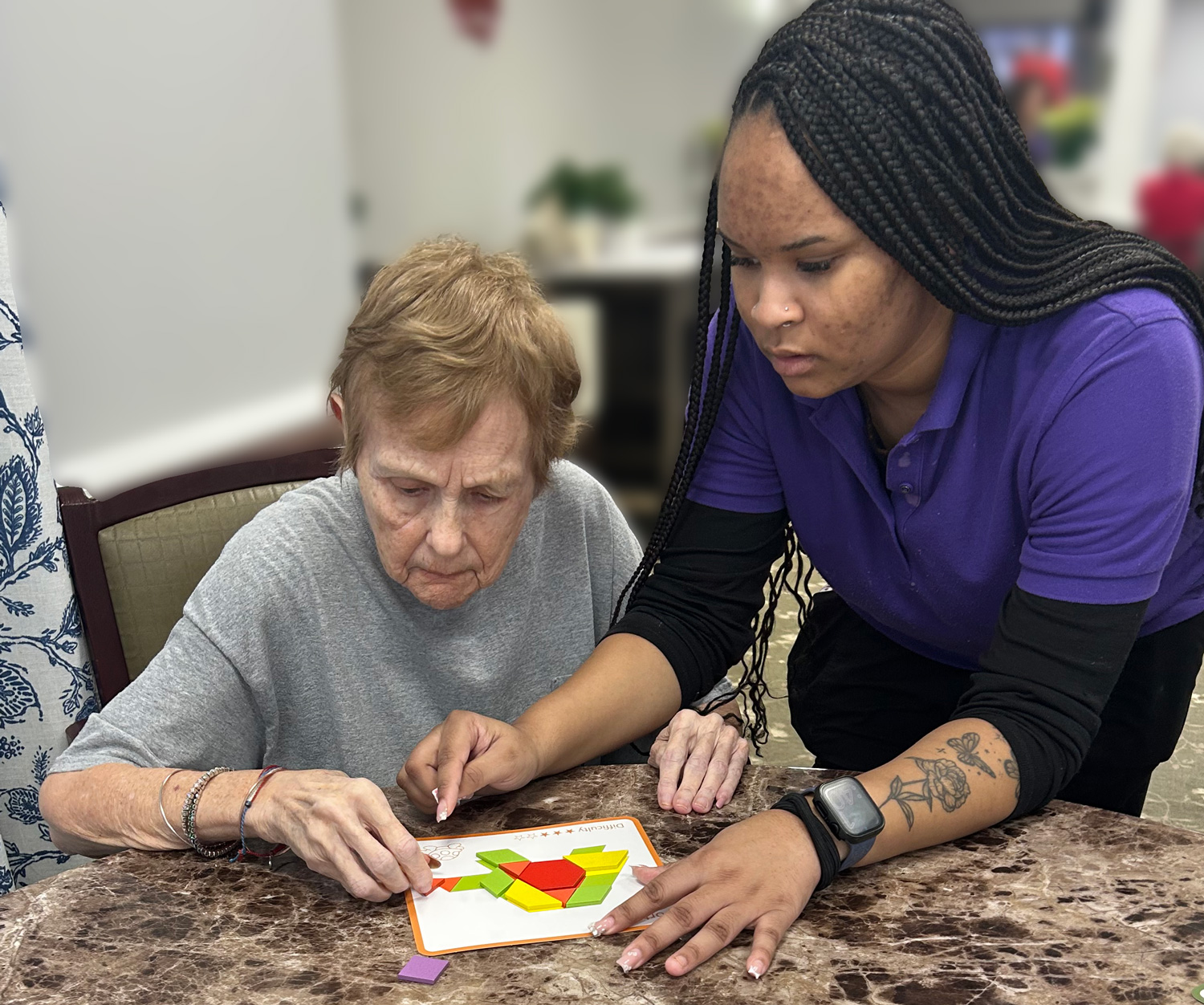
The Power of Touch
February 9, 2026

Winter Readiness for Caregivers: Do You Have a Plan?
January 6, 2026

Important Topics to Discuss With Local Assisted Living Centers
November 10, 2025

When It’s Time: Helping Your Parents Accept the Need for Assisted Living
October 15, 2025

How to Encourage an Aging Parent to Shower When They Refuse
July 2, 2025
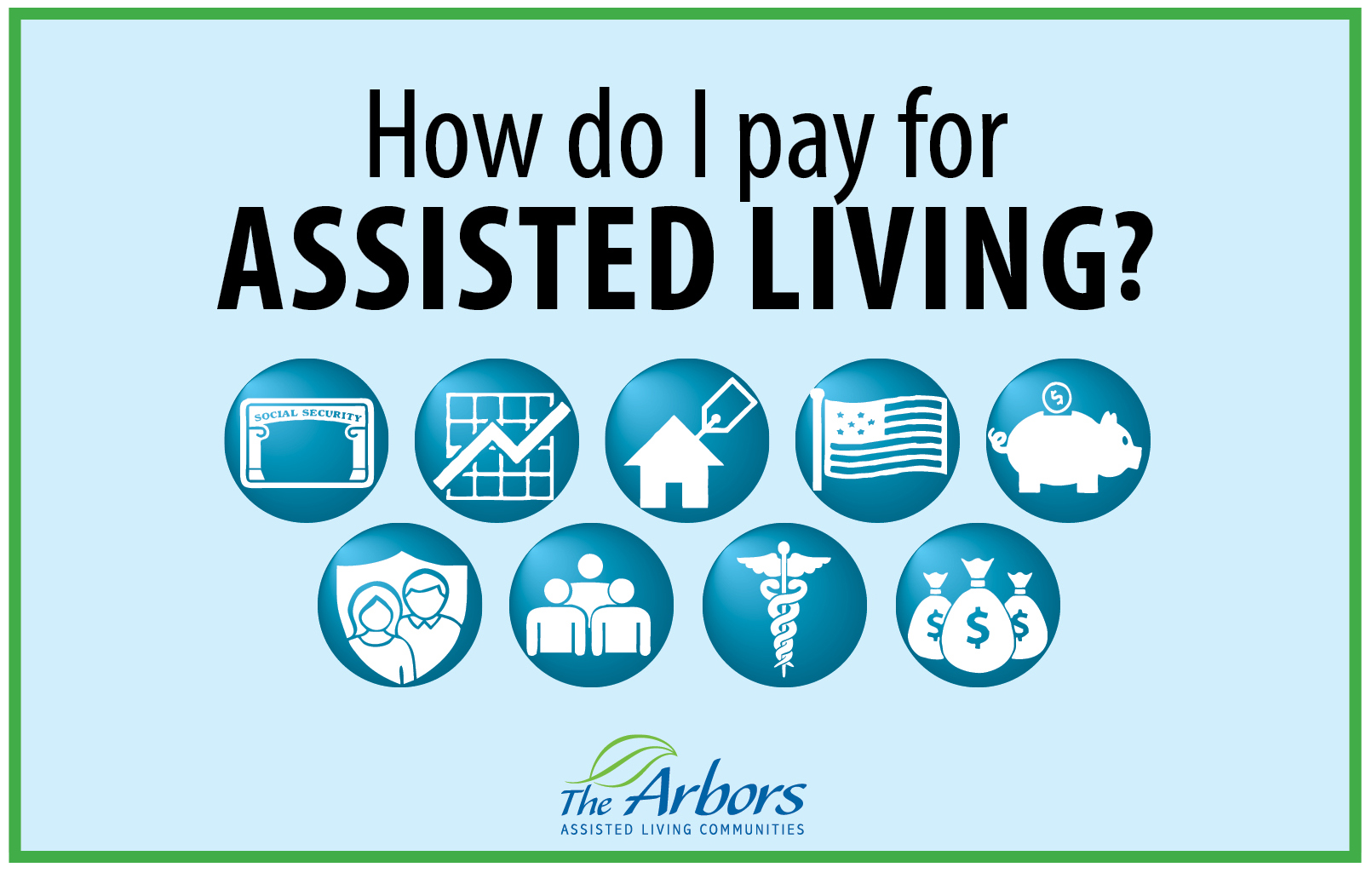
How Do I Pay for Assisted Living
June 6, 2025

3 Signs You Should Consider Assisted Living
May 15, 2025
GET IN TOUCH
Let’s Talk About Making The Arbors Your Home
REQUEST A VISIT
Schedule a Tour of our Long Island Assisted Living Communities


